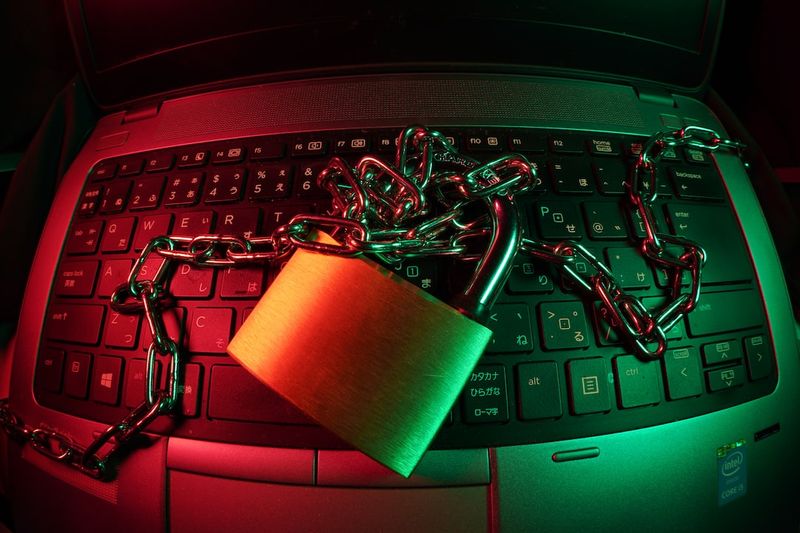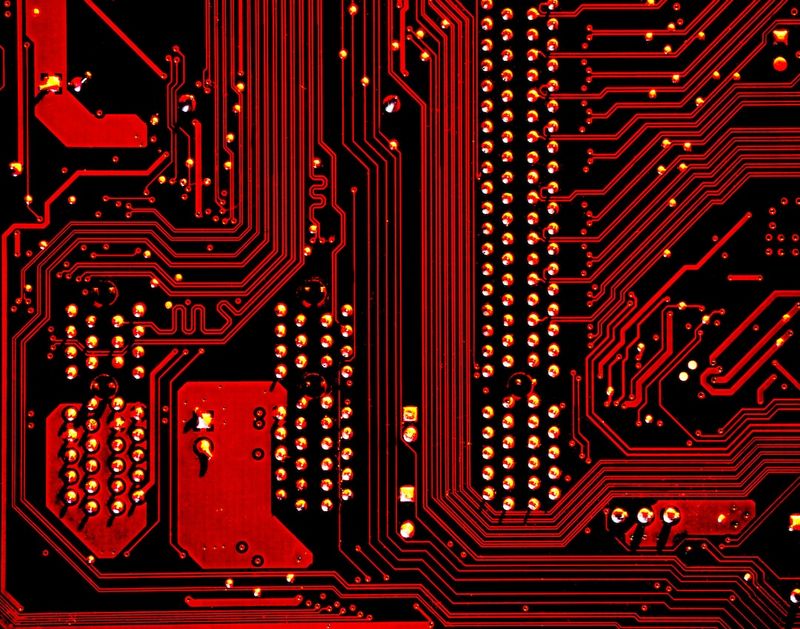The US Justice Department continues its crackdown on DDoS-for-hire services
On May 8, the US Department of Justice announced the seizure of 13 internet domains that were connected to stressor or booter platforms. These sites offer distributed denial-of-service (DDoS) attack services for a fee to individuals that want to overload the servers of their targets with an enormous amount of traffic, effectively disrupting their operations and even rendering them completely offline. The Justice Department’s latest action marks the third wave of law enforcement efforts to shut down these services, which have been used to target schools, universities, financial institutions, government websites, and other organizations.
The dangers of DDoS attacks
DDoS attacks can cause severe damage to a target’s operations, sometimes completely severing internet connections for other customers serviced by the same Internet service provider. The Justice Department has noted that some victims must purchase additional internet bandwidth or subscribe to expensive DDoS protection services to absorb these attacks. The cost of overprovision services or specialized hardware designed to mitigate the effects of DDoS attacks is often significantly more expensive than buying a booter service.
Previous law enforcement efforts
In December 2022, nearly 50 booter services targeted, and most were seized by US law enforcement. Of the 13 booter services targeted in the most recent operation, ten were “reincarnations of services that were seized” in December. As the Justice Department focuses on cracking down on these operators, it has emphasized that its investigations into these services will continue.
Editorial: The need for increased internet security measures
The latest seizure of DDoS-for-hire domains again highlights the need for increased internet security measures. Governments, internet service providers, and security companies must work together to develop solutions that prevent or mitigate the effects of DDoS attacks. Additionally, companies that operate online must be prepared to defend themselves against these types of threats. They must be proactive in implementing security measures and monitoring solutions that can detect and protect against DDoS attacks.
Recommendations
Companies should consider investing in DDoS protection services or specialized hardware designed to mitigate the effects of DDoS attacks. Internet service providers should also update their infrastructure to handle large-scale DDoS attacks by implementing traffic filters and limiting the bandwidth available to individual IP addresses. Finally, governments and law enforcement agencies must continue their efforts to dismantle DDoS-for-hire services and hold their operators accountable.
In conclusion, DDoS attacks are a real threat to online operations, and their impact can be devastating. The seizure of these domains is a step in the right direction. However, there is still much to be done to protect online users from these attacks. Progress will require cooperation between all the stakeholders involved.

<< photo by EKATERINA BOLOVTSOVA >>
You might want to read !
- Why the reluctance to report ransomware attacks is hindering the fight against cyberattacks
- Chinese Surveillance Camera Footage Becomes a Lucrative Target for Cybercriminals
- “Reflecting on the Journey of a Beloved Cartoon Character: Farewell to [Name That Edge Toon]”
- The Importance of Understanding the Motivations Behind Data Breaches
- “Adapt or Fall Behind: The Fast-Paced World of Constant API Updating” – Enterprise Strategy Group Research Findings




